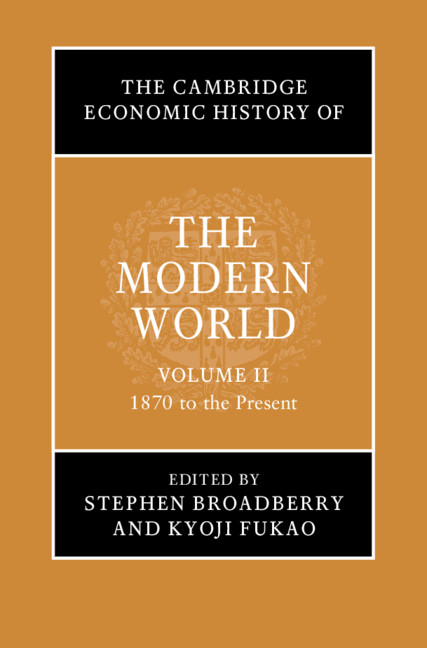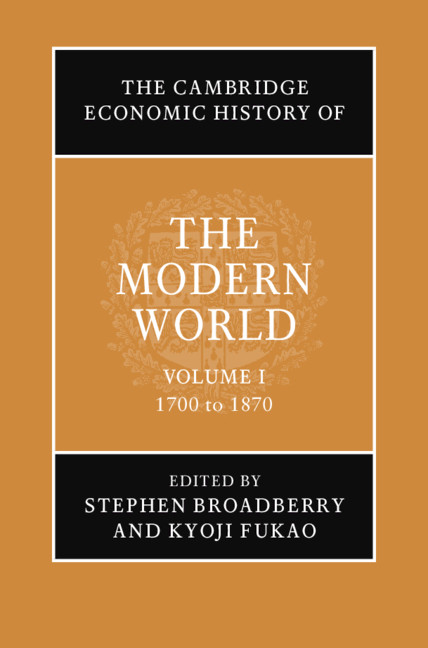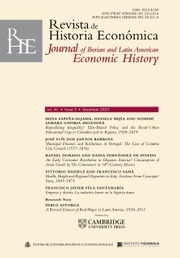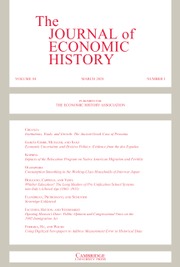Economic Warfare and Sanctions Since 1688
How have economic warfare and sanctions been applied in modern history, with what success and with what unintended consequences? In this book, leading economic historians provide answers through case studies ranging from the eighteenth-century rivalry of Britain and France and the American Civil War to the two World Wars and the Cold War. They show how countries faced with economic measures have responded by resisting, adapting to, or seeking to pre-empt the attack so that the effects of an economic attack could be delayed or temporarily neutralized. Behind the scenes, however, economic measures shaped the course of warfare: they moulded war plans, raised the adversary's costs of mobilization, and tipped the balance of final outcomes. This book is the first to combine the study of economic warfare and sanctions, showing the deep similarities and continuities as well as the differences, in an integrated framework.
- Creates an integrated analytical framework for understanding the differences and deep continuities between peacetime sanctions and economic warfare
- Provides eight detailed case studies ranging from the Nine Years' War to the Cold War
- Highlights the wide variety of effects and responses, explaining why so many predictions failed
Reviews & endorsements
'In an era marked by trade wars, chip wars, and mounting economic sanctions, few books are more timely or valuable. Broadberry and Harrison's edited volume provides indispensable, rigorously researched insights into today's geopolitical challenges, exploring three centuries of efforts to weaponize economic relations in pursuit of political ends.' Joseph A. Maiolo, author of Cry Havoc
'It is hard to imagine a more topical theme, and Broadberry and Harrison are the perfect editors. Essential reading for anyone interested in globalisation, deglobalization, and the many links between trade and war.' Kevin O'Rourke, author of Power and Plenty
'Economic warfare has usually been regarded as a product of the twentieth-century total wars, but in this revealing and wide-ranging set of essays Harrison and Broadberry show that forms of economic warfare go back a long way and are still a twenty-first century reality. There is much here for policymakers as well as historians to reflect on.' Richard Overy, author of Why War
'Broadberry and Harrison have long been leading figures in understanding the economics of warfare. In this volume, they offer the definitive starting point for anyone needing to understand the central role of economic power as an instrument of coercion in security competition.' Paul Poast, author of Wheat at War
'This superb volume is impressive in both the breadth of its coverage and its depth. It will become required reading for anyone trying to grasp the effectiveness of economic warfare and sanctions. I only wish it did not feel so relevant to the contemporary world.' Duncan Weldon, author of Blood and Treasure
Product details
November 2025Hardback
9781009474894
311 pages
229 × 152 mm
Not yet published - available from November 2025
Table of Contents
- Introduction. Economic Warfare and Sanctions since 1688: An Overview Stephen Broadberry and Mark Harrison
- Chapter I. The Second Hundred Years War: France vs England (1688–1815) Loïc Charles and Guillaume Daudin
- Chapter II. Economic Warfare: The American Civil War W. Walker Hanlon, Paul W. Rhode and Hugh Rockoff
- Chapter III. Blockading Britain and Germany during World War I: Preparations, Conduct and Consequences of Economic Warfare Stephen Broadberry and Tamás Vonyó
- Chapter IV. Can Economic Sanctions Work in a Smaller Conflict? The Italo-Ethiopian War of 1935–1936 Mattia Bertazzini, Jari Eloranta and Elina Kuorelahti
- Chapter V. Economic Warfare against Japan, 1931–1945 Tetsuji Okazaki and Akira Okubo
- Chapter VI. War of Attrition: Economic Warfare between Britain and Germany in World War II Mark Harrison and Hans-Joachim Voth
- Chapter VII. No Trading with the Enemy: COCOM Commemorated Vincent Geloso and Albrecht Ritschl
- Chapter VIII. From Condemnation to Action? United Nations Sanctions on Rhodesia and South Africa Leigh A. Gardner and Martine Mariotti.










